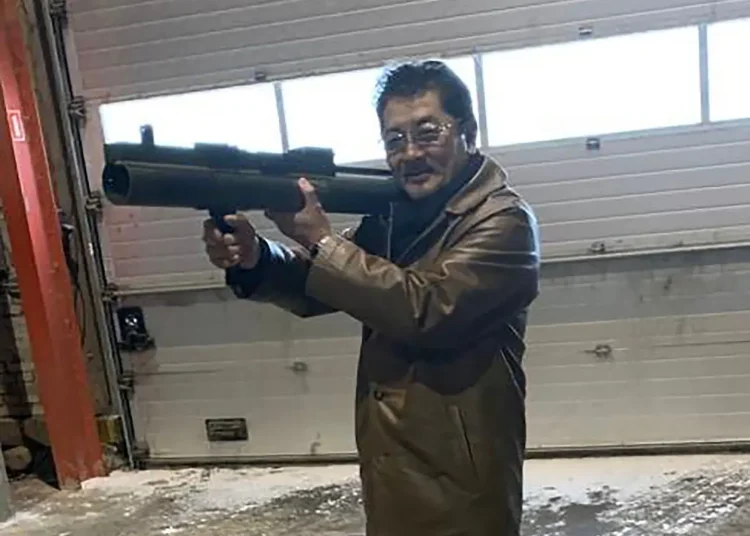By Jafar Sherdoost
The U.S. Justice Department recently announced that one of its DEA agents pulled off a pretty wild undercover operation. This agent pretended to be an Iranian general while talking to a Japanese Yakuza leader, Takeshi Ebisawa. He was trying to buy weapons-grade uranium. It sounds like something straight out of a spy movie.
But here’s the twist: Iran wasn’t involved in this at all. This whole thing was cooked up by the U.S. government. And this has people seriously questioning if the U.S. is playing fair when it comes to law enforcement.
Several points emerge that speak to the broader themes of this plot. First, it shows how badly the U.S. government is biased against, and fixated on, Iran that goes so far as to risk its DEA’s credibility and that of its justice system.
Second, the U.S. does not hesitate to resort to dirty tricks to make people commit a crime. Basically, they’re creating these situations instead of catching actual criminals. This is both deceptive and exploitative.
And third, the Department of Justice is acting more like a Hollywood studio, making up these dramatic ‘plots’ which just manufactures the very things they’re supposed to stop.
The chilly question is: how many criminal cases the U.S. has made against Iran through systematic entrapment?
The tactic the U.S. government used here—luring someone into committing a crime so you can accuse them and make a criminal case against them—is far from legal, let alone ethical. Imagine someone who would never break the law, and a government agent comes along and plants the idea in their head. They then pressure that person to do something illegal. That’s entrapment. Many countries see this as unacceptable and forbidden, as a perversion of justice. It’s basically the government creating criminals instead of fighting them.
This operation is just another stark reminder that the credibility, legality and legitimacy of past U.S.’s arrests/legal proceedings regarding Iran are all seriously impaired and fundamentally impugned.





